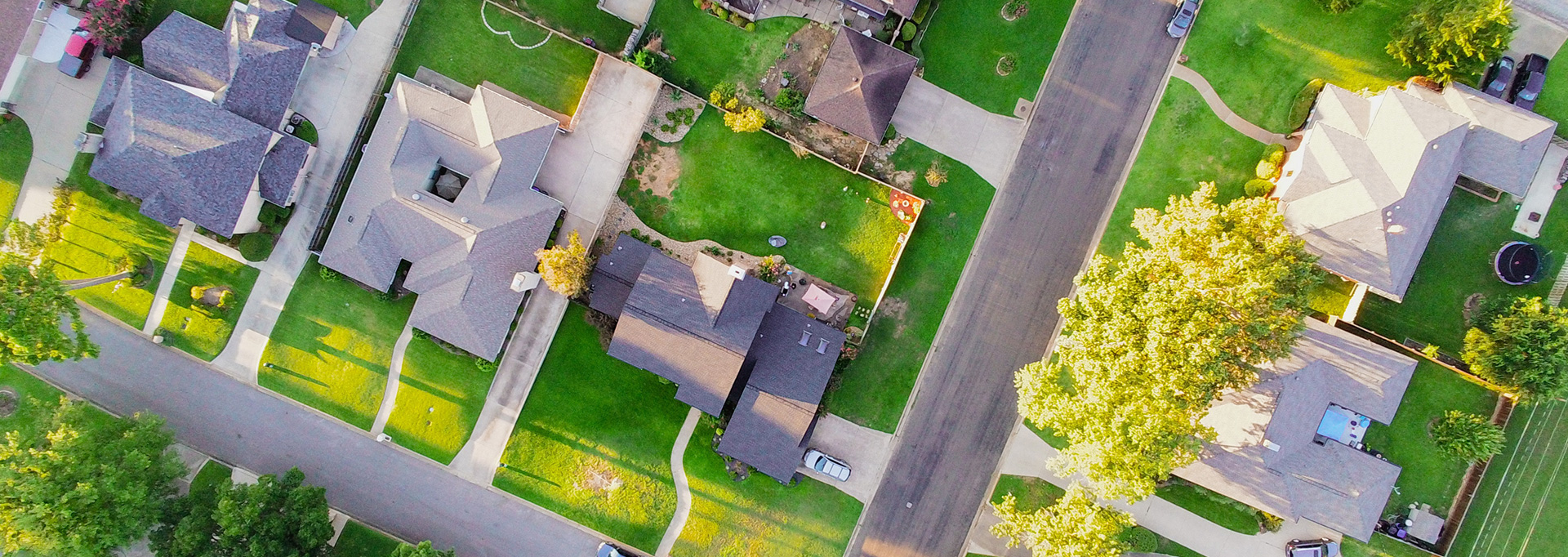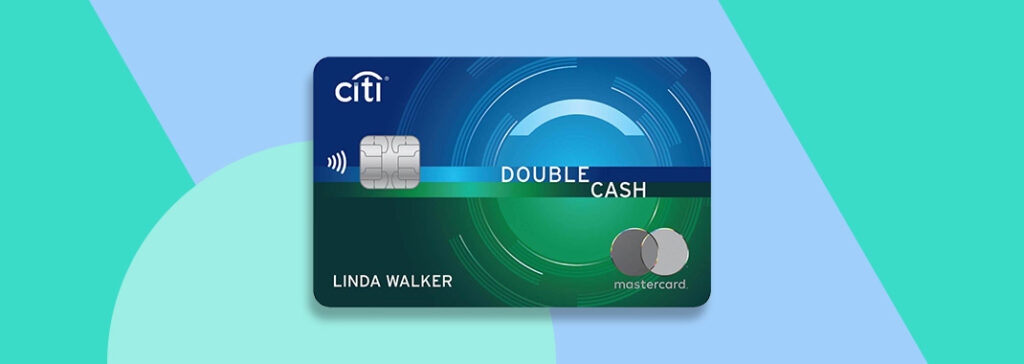Most products on this page are from partners who may compensate us. This may influence which products we write about and where and how they appear on the page. However, opinions expressed here are the author's alone, not those of any bank, credit card issuer, airline or hotel chain. Non-Monetized. The information related to Chase credit cards was collected by Slickdeals and has not been reviewed or provided by the issuer of these products. Product details may vary. Please see issuer website for current information. Slickdeals does not receive commission for these products/cards.
In 2020, the revenue from state and local property tax in the U.S. amounted to just under $6 billion, according to Statista. Property taxes represent the key revenue sources for local and state governments, providing funding for many essential services, such as education, law enforcement, fire departments, and public recreation. While you can't avoid property taxes, you might wonder if you can lower them and reduce your annual expenses.
Can you reduce your property tax?
Yes and no. Your area's property tax rate is determined by local laws in your neighborhood, so you can't change that. However, there are some things that property owners can do to reduce their tax burden, such as getting their property reassessed which can lower their tax bill, or reviewing their assessment for errors.
Below are some tips to consider if you're looking for ways you can decrease your property tax bill.
Tips to Help Lower Your Property Tax Bill
Not all of these tips will apply to every homeowner, but they can be a good place to start when determining whether you can lower your property taxes.
1. Understand How Property Taxes Are Calculated
First, it's important to understand how property taxes are calculated in your area. In most cases, two factors are used to determine this: the tax rate and your property’s current market value. Local governments will have assessors that determine the home's value based on:
- Curb appeal - how your property looks from the street
- Structural integrity - its age and how sound the structure is
- Recent sales - what your property sold for if there is a recent sale on record
- Comparables - what other similar properties sell for in the area
Since there are a variety of factors involved, houses in the same neighborhood could be very different in value.
Once an assessment is made, it is multiplied by the local tax rate. Since the rate is fixed by the government, changing your property's assessed value is the only thing that can affect your property taxes.
2. Review Your Tax Card for Errors
Property owners can request a copy of their property tax card, which details the assessed value. If you see any errors or discrepancies, you can appeal the assessment and ask for a reevaluation of your taxes. It's not uncommon for there to be errors in basic information, including the wrong square footage, property age, or the number of bedrooms and bathrooms.
3. Talk to Your Neighbors
Talking to your neighbors may also reveal discrepancies. Your properties may be very similar, especially in some neighborhoods, yet the evaluations may be vastly different. If you are comparing similar properties and find discrepancies in your assessments, it might be worth investigating whether there was an error. If an error did occur, you can appeal your assessment and potentially lower your tax bill.
4. Get a Second Opinion
Assessors work for the city. And as the adage says, they ‘won’t bite the hand that feeds them.’ So in some cases, it may be worth hiring an independent evaluator or appraiser for a second opinion. Of course, you’ll need to weigh the cost of hiring them over what you hope to save, but if you feel strongly that your property’s evaluation is way off, you could get your home reassessed and have grounds to contest your tax bill.
But be warned that a reassessment could also trigger a higher tax bill in some cases.
5. Check for Exemptions and Discounts
Some local governments offer property tax relief for certain groups of people who may otherwise not afford their property taxes. Check your local county website for incentives, which could include discounts or tax breaks. Additionally, some exemptions are offered at the state level. For example, some states offer property tax exemptions for the following:
- Agricultural properties
- Persons with disabilities
- Senior citizens exemption
- STAR (School Tax Relief)
- Veterans’ exemption
Qualifying for tax relief could drastically lower your tax bill and make it more affordable to live where you are.
6. Minimize Home Improvement Projects
You may be tempted to add a pool or build a new home office addition to your home. But certain home improvement projects can actually improve the value of your home, and cause your property bill to be higher. If you're trying to keep your property tax bill as low as possible, limit large home improvement projects. Or, consider holding off on projects until after your yearly property tax assessment.
7. Do a Walk-Through with the Assessor
In some states, you are not obligated to allow the assessor into your home. In these situations, the assessor will simply make assumptions about your home's condition and improvements from the outside. But if you allow the assessor into your home and accompany them, you have the opportunity to point out flaws or defects that have an impact on your home's value.
8. Relocate to a Cheaper Area
A more drastic option if you feel that your property taxes are too high is to sell your property and relocate to an area where the property taxes are lower. There are a number of states with lower tax rates, so choices are not limited. Relocating is a big decision, especially if you have children, so make sure you do your research on the neighborhood, schools, and other factors that affect your quality of living.
 Related Article
Related Article
9 Best and Cheapest Online Tax Services
Will Updating My Home Increase My Property Taxes?
The simple answer is yes, it can. Home improvements will likely affect the annual assessment and may increase your property taxes. However, lowering property taxes should not be why you skip necessary repairs and maintenance. As mentioned, lowering your property’s value is the only real way to lower taxes, but improving your property is often unavoidable and necessary.
So, consider the following: Schedule home improvements for after the annual assessment. At least that way, you can avoid paying higher taxes for one more year.
How to Appeal Your Property Tax Bill
The rules for appealing your property tax bill vary by state, and the process can differ for state property tax versus local property tax. The following steps can serve as a basic guide, but double check with your local procedures.
- Know the rules. Some areas give property owners up to 90 days to appeal, but others limit it to 30 days.
- Read your assessment letter right away. The letter itself should contain the details that affected your assessment, and the back of the letter likely has the rules for your state or county.
- Verify accuracy. Check the accuracy of the figures and descriptions in the letter. If you have doubts, request your property tax card. If you discover errors or discrepancies, you can contact the assessor’s office and make an effort to have it adjusted. If the assessor corrects the error, an appeal would no longer be necessary. This way, your complaint would be settled amicably.
- Inquire about relief programs, exemptions, or discounts. There’s no harm in checking if the state offers relief programs. These might include exemptions for seniors or veterans, discounts or deferrals.
- Decide if appealing is worth it. If property taxes are already relatively low in your area, a change might be so minor it’s not really worth your time. However, if you live where property taxes are high, an adjustment might result in significant savings. So you’ll need to decide if pursuing an appeal is worth the time and effort.
- Get a second opinion from a third party. You can hire a real estate appraiser or another third-party assessor to perform an independent evaluation to verify the state’s assessment. If there is a large discrepancy, you could make a case for an adjustment and significantly lower your tax bill.
- File your appeal. If your efforts thus far are not enough to convince the state or county assessor to adjust your property value, you can hire a lawyer to file an appeal through an appeals board. Of course, this will cost you legal fees and a filing fee, so you will need to decide if it is worth it.
The Bottom Line
Keep in mind you cannot change the tax rates established by the government. You can only hope to have your property value adjusted to lower your tax bill. Staying up-to-date with property tax news and incentives in your area may also provide an opportunity to save. And if taxes become too expensive, there’s always the option to sell and invest elsewhere.
Frequently Asked Questions
-
You can only lower your property tax bill if you can lower your property's assessed value. You may be able to lower your property's assessed value by getting a reassessment on the value of your property, appealing your tax bill, checking the value of your home against that of your neighbors, asking about exemptions and discounts, or relocating.
-
Yes. If you itemize your tax return, you can deduct the property taxes you pay for your primary residence or real estate investment property up until a certain amount. Check with a tax professional for more information.
-
Your property taxes may be higher than your neighbors because the taxes are based on the home's assessed value, which depends on your home's purchase price, housing specs, and other subjective factgors like curb appeal and structural integrity.












